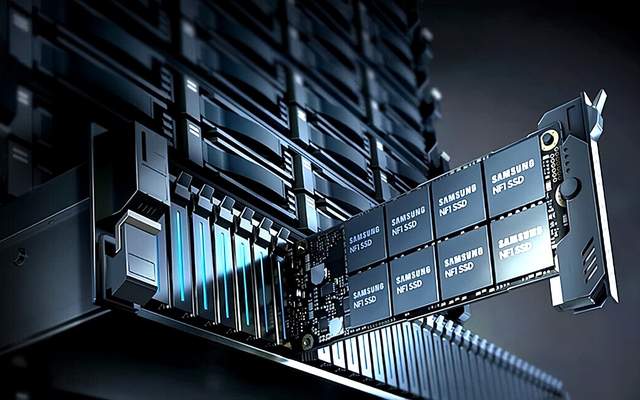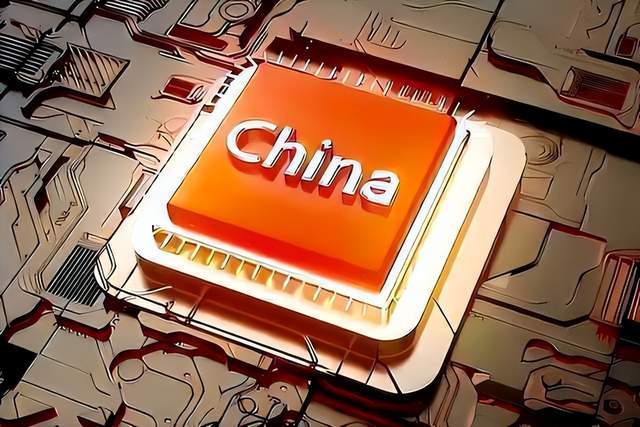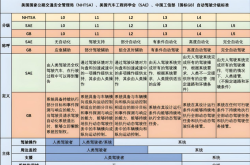China's imports of chips from South Korea surge by 40%
![]() 08/22 2024
08/22 2024
![]() 546
546
Despite the gradual decrease in China's chip imports, China's imports of chips from South Korea surged in the first half of this year, driving a 40% surge in South Korea's chip exports. It is understood that 60% of South Korea's chip exports go to China. So why does China need South Korean chips so much, and what makes South Korean chips special?

South Korea excels in memory chips, with Samsung and SK Hynix, the country's two major chip companies, accounting for nearly 70% of the global memory chip market share. Such a high market share makes the world reliant on South Korean memory chips, and as the largest manufacturing country globally, China naturally has a significant demand for South Korean chips.
As the world's largest manufacturer of PCs and mobile phones, China requires a substantial amount of memory chips for these two categories of products. Nowadays, domestic Android phones have increased their RAM to 24GB and storage capacity to 1TB, a significant increase compared to the common 4GB+64GB configurations several years ago. This rapid increase in storage capacity in Chinese-made phones has fueled a surge in China's demand for overseas memory chips. Located next to China, South Korea's geographical proximity and market share advantage have driven a surge in chip exports to China.
Apart from these chips, South Korea also excels in AI-specific chips, known as HBM chips, which have emerged in the past two years. Samsung, SK Hynix, and Micron are the only global producers of these chips due to their collaboration with AI chip leader NVIDIA in establishing the HBM standard. With the booming AI industry, global demand for HBM chips has soared, prompting Chinese enterprises to significantly increase their purchases of South Korean HBM chips.
Concerned that the US may restrict South Korea's exports of high-performance HBM chips, Chinese enterprises have recently increased their imports of these chips, driving up both their quantity and price. This surge has further fueled the profits of South Korean chip companies, with Samsung reporting a more than 14-fold increase in profits and SK Hynix also seeing significant profit growth. These developments underscore the dependence of Chinese enterprises on South Korean chips.

China is also developing memory chips to reduce its reliance on South Korean chips. As early as 2016, China established three memory chip companies, with two of them eventually thriving. In the past few years, China's memory chip technology has reached world-class levels, pioneering the mass production of the world's most advanced 232-layer NAND flash chips.
This marked a high point for China's memory chip industry, as its technology influenced global memory chip prices, leading to significant price drops that saved China substantial foreign exchange. However, this development concerned the US, which subsequently blocked the sale of advanced equipment and materials from Japan, the Netherlands, and other countries to these two memory chip companies, stalling their technological progress.
In 2023, companies like Samsung, SK Hynix, and Micron developed NAND flash chips exceeding 300 layers, regaining their technological lead. Meanwhile, China's memory chip market share remains around 4%, and this technological and market monopoly has enabled them to drive up prices again. Since the lows of last year, global memory chip prices have rebounded by more than 40%, which is the fundamental reason for the surge in profits of South Korean and American memory chip companies.
Regarding HBM chips, since the standard is established by NVIDIA in collaboration with Samsung, SK Hynix, and the US, Chinese memory chip companies cannot yet produce HBM chips and must rely solely on imports. These chips are incredibly expensive, but Chinese enterprises have no alternative but to pay substantial sums for them due to the unavailability of domestic substitutes.
Faced with this reality, China's chip industry faces an urgent need to drive innovation and rely on domestic chip supply chains to promote new technological developments. This will help reduce reliance on South Korean chips and avoid incurring significant costs. It is believed that China's chip industry is striving to establish its technical standards, achieve mass production of high-standard memory chips, and replace imports. By doing so, it can balance the power of Korean and American chips and force them to lower prices, rather than maintaining their current exorbitant pricing.




